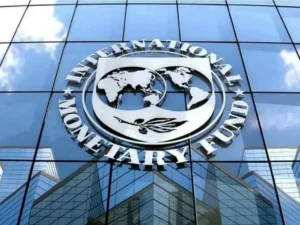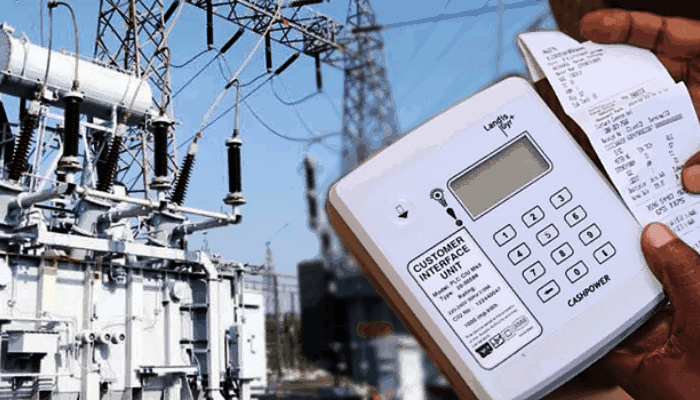Capping fuel prices, low electricity tariffs could cost Nigeria 3% of GDP – IMF
Written by Olakunle Oke on March 5, 2024
The International Monetary Fund (IMF) has warned that capping fuel prices and electricity tariffs below cost recovery could lead to a 3 per cent of GDP fiscal cost for Nigeria.
The warning was contained in the report of the just-concluded Staff Article IV Consultations, which was issued by the Country Office in Abuja this morning.
According to the Fund, “the capping of fuel pump prices and electricity tariffs below cost recovery could have a fiscal cost of up to 3 per cent of GDP in 2024.”
The team led by Axel Schimmelpfennig, IMF mission chief for Nigeria, visited Lagos and Abuja on February 12–23, 2024, to hold discussions for the 2024 Article IV Consultations with Nigeria.
The staff urged the federal government to implement social safety nets through the cash-transfer programme before addressing the fuel subsidies and electricity tariffs below cost recovery.
According to the report, “Recently approved targeted social safety net program that will provide cash transfers to vulnerable households needs to be fully implemented before the government can address costly, implicit fuel and electricity subsidies in a manner that will ensure low-income households are protected.
“Nigeria’s economic outlook is challenging. Economic growth strengthened in the fourth quarter, with GDP growth reaching 2.8 per cent in 2023.

“This falls slightly short of population growth dynamics. Improved oil production and an expected better harvest in the second half of the year are positive for 2024 GDP growth, which is projected to reach 3.2 per cent, although high inflation, naira weakness, and policy tightening will provide headwinds.
“With about 8 per cent of Nigerians deemed food insecure, addressing rising food insecurity is the immediate policy priority.
“In this regard, staff welcomed the authorities’ approval of an effective and well-targeted social protection system. The team also welcomed the government’s release of grains, seeds, and fertilizers, as well as Nigeria’s introduction of dry-season farming.
“Recent improvements in revenue collection and oil production are encouraging. Nigeria’s low revenue mobilization constrains the government’s ability to respond to shocks and to promote long-term development.
“Non-oil revenue collection improved by 0.8 per cent of GDP in 2023, helped by naira depreciation.
“Oil production reached 1.65 million barrels per day in January as the result of enhanced security.”
It added that the recent rate tightening by the Central Bank of Nigeria (CBN) would help fight inflation and strengthen the naira.
“The team welcomed the Monetary Policy Committee’s (MPC) decision to further tighten monetary policy,” it said.
The team met with Minister of Finance Edun, Central Bank of Nigeria Governor Cardoso, senior government and central bank officials, the Ministry of Agriculture, the Ministry of the Environment, as well as representatives from sub-nationals, the private sector, and civil society.
Source: Jordan 105.5fm News Bulletin
READ ALSO : VFD Group’s full-year earnings drop to N1.1bn






